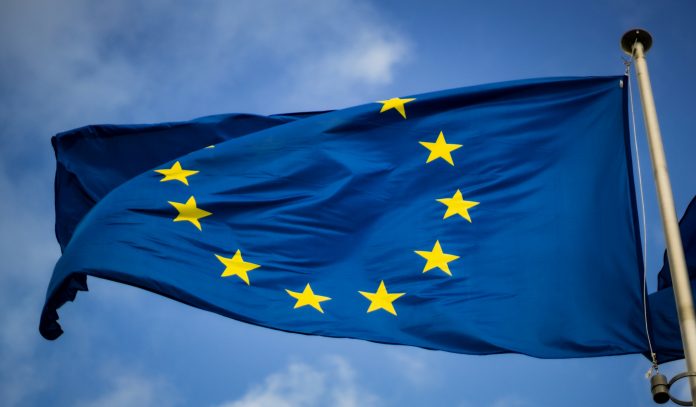KPMG’s recent analysis titled “Navigating EU Taxonomy: Progress and Pathways to Compliance” delves into the EU Taxonomy disclosures of 291 European companies.
According to ESG News, the findings are particularly pertinent for U.S. firms, especially those with operations in Europe or those planning global expansions. The report outlines key trends and shortcomings in sustainability reporting which are crucial as the U.S. market gears up for similar potential mandates.
A concerning insight from the report is the limited assurance on sustainability disclosures. Only 24% of the examined companies received limited assurance, which signifies a worrying lack of independent verification, thus potentially undermining the credibility of their sustainability claims. The majority, a staggering 60%, had no assurance at all. Maura Hodge, KPMG’s U.S. Sustainability Leader, stresses the importance of this data for American businesses. “As U.S. companies expand globally, understanding EU sustainability reporting requirements becomes crucial,” Hodge explained. “This report provides a roadmap for American businesses to prepare for mandatory EU Taxonomy reporting in 2025.”
The study also highlights discrepancies across different sectors regarding the alignment with EU Taxonomy. The Utilities sector emerges as a leader with the highest taxonomy-aligned turnover, while sectors like Consumer Goods trail significantly. Such variations underline the sector-specific hurdles U.S. companies might encounter when striving to meet EU standards.
Moreover, the report showcases a robust focus on climate change initiatives, with 91% of companies reporting at least one eligible activity for climate mitigation. However, only 33% reported alignment across multiple environmental goals, underscoring a challenge in multi-objective alignment that U.S. firms might need to address.
Transparency remains a pivotal issue, with 64% of companies failing to explain why certain activities did not align with the taxonomy criteria. The inconsistent quality in qualitative disclosures about assessing technical screening and climate risk is also highlighted, pinpointing a significant area for improvement.
With the EU Taxonomy expanding to include six environmental objectives, including new areas like pollution prevention and biodiversity restoration, the scope of reporting has broadened. The findings indicate that 36% of companies reported no eligibility or alignment for these new activities, presenting adaptation challenges that may also affect U.S. companies.
For U.S. businesses, this report serves as a crucial tool in navigating the complex landscape of global sustainability practices, aiding them in enhancing their compliance and competitive positioning in both U.S. and EU markets.
Keep up with all the latest FinTech news here.
Copyright © 2024 FinTech Global











